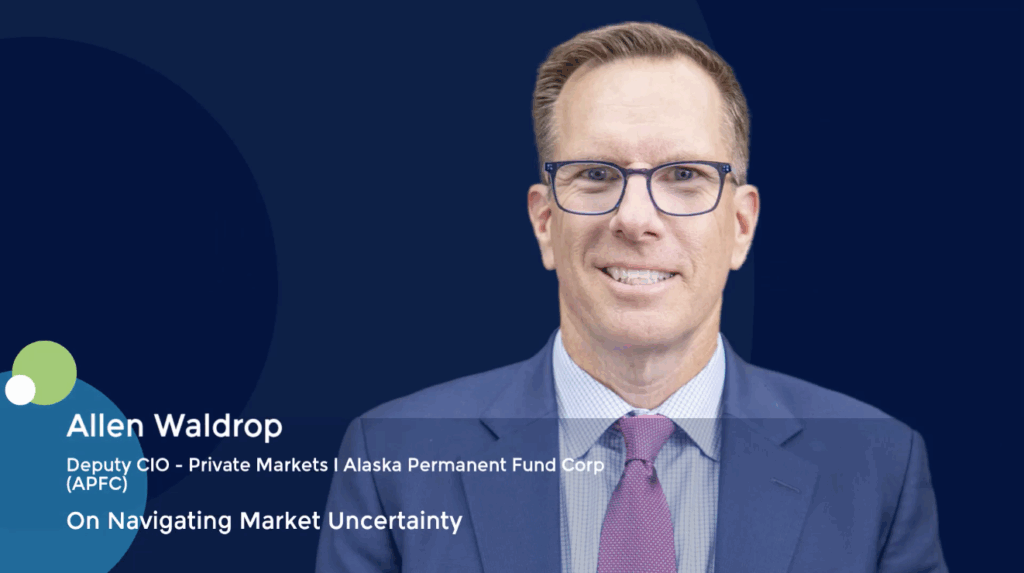Global LPs propel Australia’s Genesis Capital to USD 217m first-and-final close – Fund Focus
Genesis Capital’s debut Australia healthcare fund in 2021 was underpinned by a group of domestic family offices and high net worth individuals (HNWIs) that accounted for three-quarters of the AUD 190m (USD 118m) corpus. These relationships are managed directly, which meant Genesis qualified and onboarded each of the 200-plus investors.
Wealth management platforms have since emerged as the intermediaries of choice to handle this heavy lifting. But they do not feature in Genesis’ second fund, which recently closed at the hard cap of AUD 350m after six months in the market. Demand from offshore institutional investors was sufficiently strong, and the process moved so fast, that there wasn’t time to market to wealth managers.
“We were confident we would raise AUD 300m [the target], but we didn’t think it would be a one-and-done until right at the end,” said Michael Caristo, a partner at Genesis.
“Domestic interest was a balancing item – it is highly responsive to how much effort we put into marketing to that group, both existing and new investors. Once we knew that international investors were going to take as much as they could, we took our foot off the throttle domestically.”
International LPs account for three-quarters of Fund II compared to less than one-quarter of Fund I, with participation from fund-of-funds, insurance companies, and asset managers. Genesis had far more investment committee-approved commitments than could be accommodated, so many LPs were cut back. Monument Group served as placement agent and helped source international investors.
On the domestic side, there were re-ups from existing family office and HNWI investors, and commitments from institutional players including fund-of-funds and one superannuation fund.
“We pick partners that want to engage with us because of our mid-market position, and the understanding of the fee position that comes with that,” said Caristo. “We didn’t have to make any firm co-investment commitments. We expect to generate co-investment, and our institutional partners would like to see it, but no one wants us to go outside of our comfort zone for the sake of it.”
Specialisation sells
Genesis has now exited three of the four investments it made on a deal-by-deal basis to build up a track record. General practice network SmartClinics was sold to Livingbridge in late 2020, prior to the Fund I close. Towards the end of 2021, clinical trials business Avance Clinical and bioanalytical lab Agilex Biolabs were exited to The Riverside Company and Healius [ASX:HLS], respectively.
“We’ve returned capital, we’ve fully invested a fund over a three-year period, and we’ve invested in the team – all the hallmarks you would expect from a high-quality manager we have demonstrated as a sector specialist in Australia,” Caristo said, adding that initial realisations from Fund I are expected to come in the next 12-18 months.
Over the course of Fund I, Genesis started taking more calls from international LPs that were unable to back a first-time fund but willing to entertain the prospect of supporting Fund II.
This coincided with a perception shift regarding specialist GPs in Australia, according to Caristo. Genesis and technology-focused Potentia Capital have been the main beneficiaries of this, with the latter closing its second fund on AUD 635m – up from USD 382m in Fund I – in mid-2022.
“It was very easy for LPs to understand – love us or hate us – what Genesis does to generate returns, because it is genuinely distinct from other managers,” he said. “When we were raising Fund I, LPs would say, ‘Everyone does healthcare,’ but the number has been whittled down. Some generalist GPs got their fingers burnt because they didn’t know what they were doing.”
He gives two examples of classic missteps. First, the surge of interest in pharma services and clinical trials isn’t necessarily accompanied by an understanding of industry nuance – a key consideration now opportunities are emerging in sub-sectors such as site recruitment and bio-clinical labs.
Second, PE often struggles with clinician business models, where the value resides in teams of general practitioners, dentists, and radiographers. These people are motivated by patient outcomes and community health as much as by economic value, which requires very different approaches to relationship management and establishing alignment of interest, Caristo explained.
“Without understanding clinicians you get higher churn, you might blow up your margins if you haven’t incentivised them in the right way, or you could end up paying away a good deal of your bottom line to clinicians,” he said.
Sticking to strategy
Genesis is in the process of adding one such business to its portfolio, having secured a majority voting power over Pacific Smiles [ASX:PCQ], which employs over 800 dentists across 128 centres, following a 12-month pursuit. The GP overcame competition from National Dental Care with a bid that values the company at AUD 320m, and it has extended the offer period to pick more shares.
Fund I featured a relatively even split between clinical services, life sciences and pharma services, and community care. Fund II is likely to be similar in composition, although there is scope for expansion into second-order healthcare, such as device manufacturers or distribution and logistics. Equity cheques are also likely to creep up from AUD 10m-AUD 30m to AUD 15m-AUD 40m.
“With institutional support, we can look at larger deals like Pacific Smiles, and not be afraid to put together a co-investment syndicate,” Caristo added. “But most of our deals will remain in our lower mid-market heartland. We can continue to address these opportunities with a fund of up to AUD 500m in size.”











